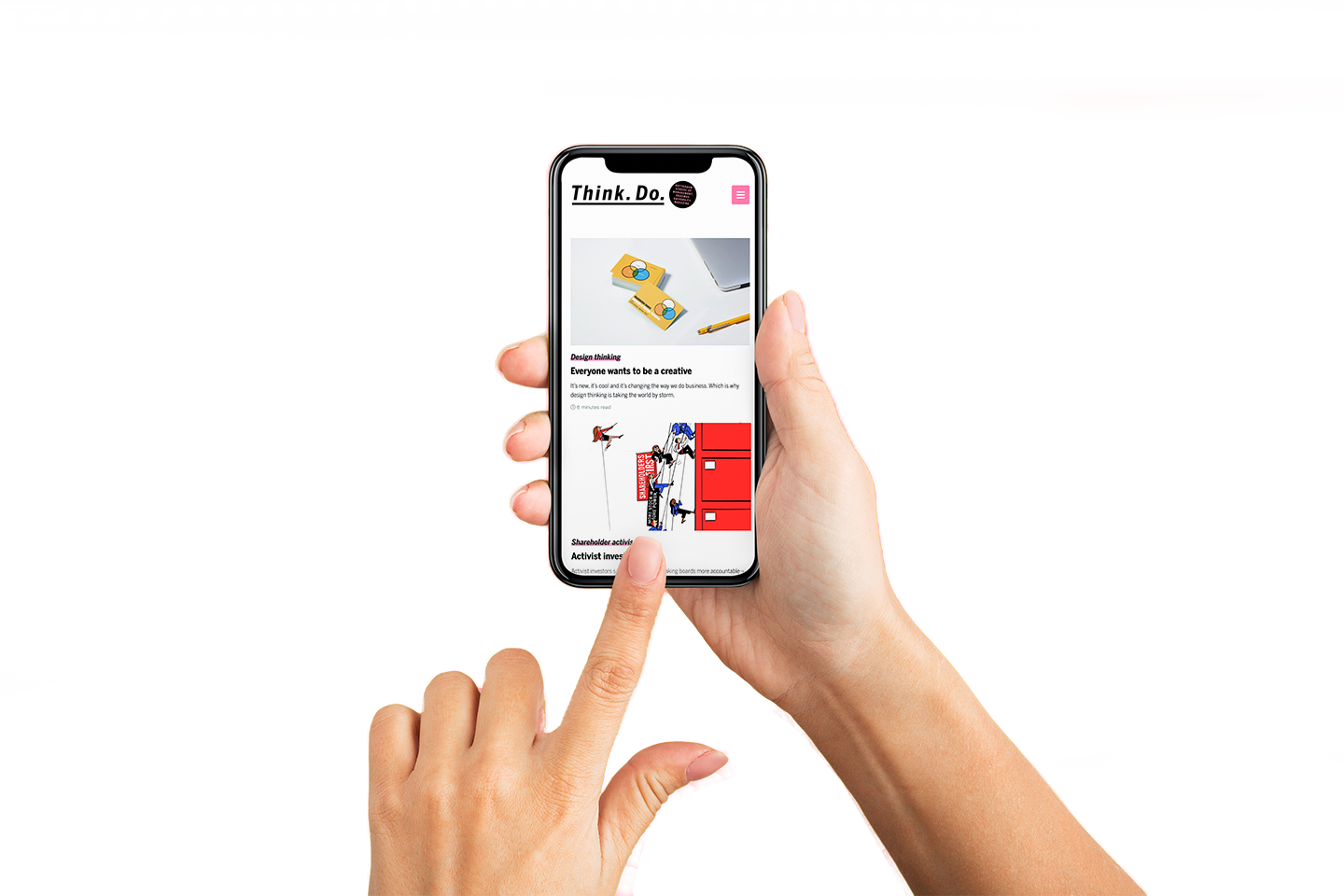Skilled up
Lifelong learning must deliver new skills in new ways, says Professor Nicola Kleyn, Dean of Executive Education.

What’s the best way for your business to stay competitive? Learn more – faster.
What’s the best way for your business to stay competitive? Learn more – faster. According to the World Economic Forum, half of all the planet’s employees will need reskilling in the next five years, and when it comes to executive education, businesses have rightly become more demanding.
The pressure to transform has never been greater. Technology, digitalisation, automation – alongside changing employee and customer needs and an expectation of increased commitment to sustainability, diversity and inclusion – have all given businesses a need for new skills.
To meet the demand, lifelong learning providers must clearly show evidence of impact, flexibility and customisation. Training and education need to become more fit for purpose, more agile to meet the varied needs of individual businesses. This is why we have already seen a number of providers becoming far more value-focused, co-creating programmes with businesses to ensure they are relevant and impactful to them.
Executive education providers are increasingly having to ‘sharpen the pencil’ in terms of formats, too. They need to become more agile, shaping provision depending on what the nature of the learning is – whether it’s about exposing learners to principles and critical thinking, or something that’s more application focused.
A rapidly evolving business environment will create more need for critical thinking and problem-solving, but it also highlights the need to develop self-management skills such as active learning, resilience, stress tolerance and flexibility. It’s very interesting to me that as we require ever greater skills to leverage advances in technology, this is balanced by a really strong focus on the human aspect of managing and leading, how to communicate cross-culturally, with programmes focused on diversity and inclusion. These focus less on traditional classrooms and more on immersive, reflective learning experiences. Providers will be looking for ‘safe’ learning environments that foster true inquiry, engagement and give people confidence to talk about their experiences and attitudes.
In the longer term, we may see the effects of missing out the most valuable learning experience – working alongside each other, which is where we learn so much.
But the world is changing so fast that exec education is not just about learning new skills – it’s about having the agility to deal with change. One of the most challenging things for post-experience learners is how to unlearn – we don’t go into new learning experiences with a blank slate but with well-embedded knowledge and skill structures.
As the world continues to open up, many organisations will continue either remote or hybrid working. In the longer term, we may see the effects of missing out the most valuable learning experience – working alongside each other, which is where we learn so much. But the way we are working right now means engagements have become more transactional, and we don’t learn through observation or immersion. If these working models continue, the need to take care around how staff learn is absolutely critical.
We have to make sure our organisational culture is conducive to learning and allows staff to ask questions that would previously have been learned through informal learning. And above all, in this changing world, we need to have a culture where people can feel comfortable and safe to surface a learning gap and be able to ask for that learning.
Gain the skills to thrive in tomorrow’s world
Discover RSM’s open and custom programmes



